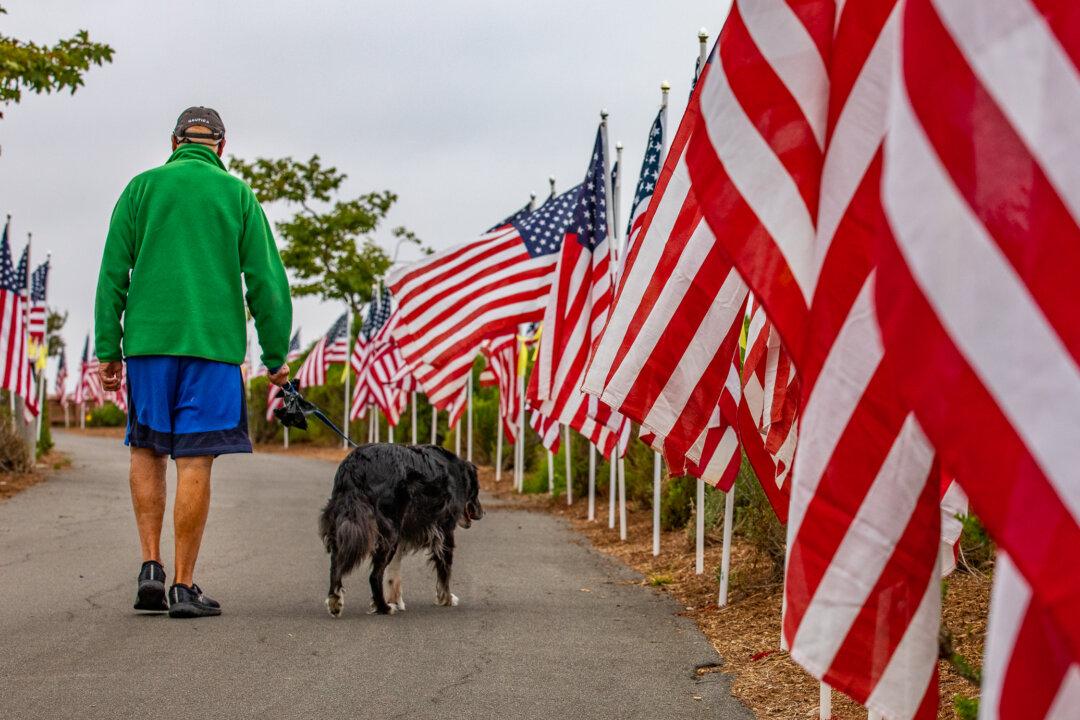Officials in Orange County, California, are now focusing their inoculation efforts on residents reluctant to receive the vaccine.
The strategy switch comes as the county reports a reduction in demand at its super point of dispensing (POD) sites. Meanwhile, officials said they need to vaccinate about 740,000 more Orange County residents in order to reach COVID-19 herd immunity.





